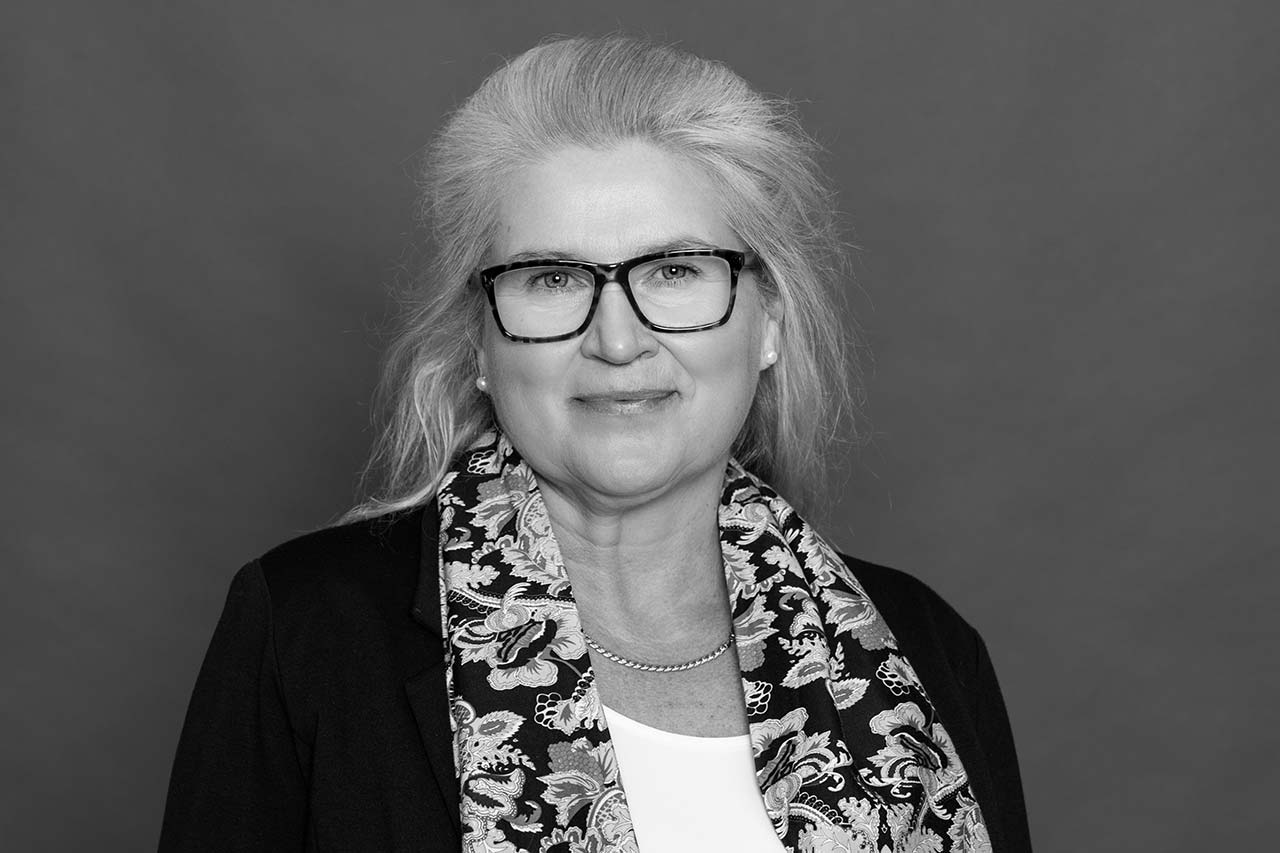News
Statement - When a world-famous organization celebrates
February 19, 2024

Mental health and mental diseases will still be prominent in 2024. Whether it affects every 4th person in the course of their life or every 8th person in the world who is currently ill, these are markers, statements that are used scientifically and that touch and shake people awake.
Every single person who is affected and their social networks have a destiny behind it.
And it cannot be written that psychiatric and other disciplinary care in the context of mental health is worldwide good, it is not. Authors, such as the author writing here, have pointed this out again and again. These authors admonish, document, write scientific articles, present at congresses and other events and get involved in large organizations, mostly on a voluntary and unpaid basis.
Insufficient investments by governments are one thing, not prioritizing the issue is another. There are many other reasons why the global mental health situation is the way it is.
Our patients/clients, those affected, need support.
As long as you feel ashamed to say that you suffer from a mental illness, to experience an environment that continues to think in pigeonholes, it is simply not right.
As long as there is no access to treatment options, as long as treatment is not possible or only possible to a very limited extent, it is not good.
The author would like to clarify here, it's not about putting other issues on the back burner for mental health concerns, it's about recognizing that it's not good as it is regarding Global Mental Health issues.
The WHO also stated this in its World Mental Health Report in 2022, “Mental health needs are high but responses are insufficient and inadequate.” (WHO 2022 XV)
To think that the countries in the North are doing well and that the countries in the global South are doing badly is far too short-sighted. The author would like to refer to the article by Thomas Insel in 2022, the former director of the National Institute of Mental Health (NIMH).
The supposed reality was and is catching up with proven, long-standing players. What to do?
A positive outcome is only possible with all those involved decision-makers and responsible leaders, they must be convinced to get more involved in several directions.
Most readers of this article will be familiar with the order of funding donors for the UN and the WHO, where mental health issues are anchored. Most readers will also be familiar with the prioritization of projects in institutions and earmarked funds for health projects.
However, it is not enough for current urgent mental health issues. As long as important WHO publications, e.g. on prevention and promotion in context, are from 2003 and still not updated, something seems wrong.
Mental health is always something social. The author is therefore committed to taking this more into account. This is not about determinants alone; it is about a very broad social scientific view of the concerns.
A great organization or federation in the mental health context is the World Federation For Mental Health. Founded, like the WHO, shortly after World War II. The federation celebrated her 75th birthday in Geneva in November 2023 with the title “75 Years of Mental Health Advocacy: Achievements, Challenges and the Future”. This federation consists of proven Global Mental Health experts who are committed to mental health in all regions of the world.
Prof. Dr. Sabine Bährer-Kohler
President of the Global Mental Health Association in Switzerland sabine.baehrer@datacomm.ch
Insel, Th. (2022). What American Mental-Health Care Is Missing. https://www.theatlantic.com/ideas/archive/2022/02/american-mental-health-crisis-healing/622052/.
WHO (2003). ADVOCACY FOR MENTAL HEALTH.
https://iris.who.int/bitstream/handle/10665/333227/9241545909-eng.pdf?sequence=1&isAllowed=y.